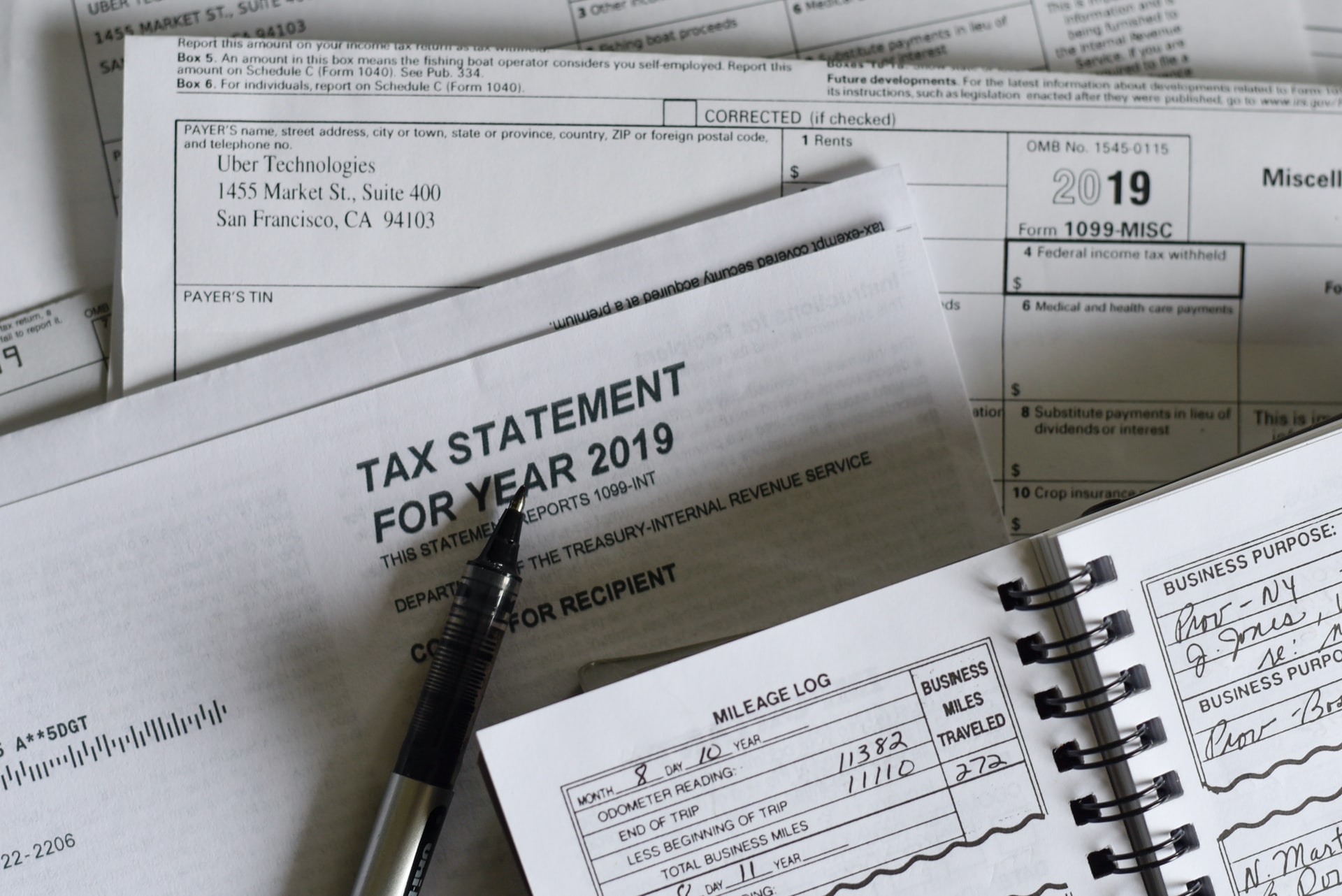Canada’s Tax Season is (Mostly) Over
June 19, 2020
written on behalf of Feigenbaum Law
COVID-19 has had a huge impact on the tax season in Canada, hitting just under two months before personal income tax filings were due and largely shutting down the Canadian economy (as well as those all over the world). Fortunately, the Canada Revenue Agency extended tax deadlines for most people. Today we want to look at which deadlines have passed, which ones have “sort of” passed, and which remain in effect.
Personal Tax Deadlines
Individuals who do not own a business normally have to file their taxes before May 1. This year, due to COVID-19, that deadline was extended to June 1. However, the CRA has stated that late-filing penalties and interest would not be charged so long as returns were filed and any taxes owing are paid before September 1, 2020. Meanwhile, self-employed individuals were granted an extension on their tax return deadline to June 15, but were also given a grace period on late-filing charges and interest if they file and pay taxes owing by September 1.
This situation, while helpful to those who needed some more time, may be a little confusing. While these tax-filing deadlines have now passed, there are no penalties yet for those who have failed to adhere to them. The CRA has explained their reasoning behind the deadline and grace period that follows, stating,
“You will not be charged late-filing penalties or interest if your 2019 individual (T1) income tax returns are filed, and payments are made prior to September 1, 2020. However, we are preserving the June 1 filing deadline for T1 individuals, and the June 15 filing deadline for T1 self-employed individuals (sole proprietors), in order to encourage filing returns in time to accurately calculate benefits, which rely on 2019 tax returns for entitlement calculation.”
The CRA went on to add that if returns are not received in time (meaning by the June deadlines), benefits and credits for July-September 2020 will be based on 2018 tax returns and that ultimately adjustments may be needed once the current tax information is received for the year 2019.
For those who receive such benefits, this may mean that benefits may be overpaid for this period, and some may have to be repaid to the government once the correct assessment is made based on 2019 figures. If you are concerned this may apply to you, we advise that you keep a percentage of these benefits aside just in case. If you are unsure, you should seek the advice of a tax professional sooner rather than later.
Corporations and Trusts
Corporations that would normally have had to file after March 18 but before March 31, 2020, were granted an extension to file their returns by May 31. However, if their deadline was between May 31 and August 31, the deadline has been extended to September 1, 2020. These extensions also apply to forms T106, T1135, and any other elections, forms, and schedules that must be filed with the return.
Trusts with filing deadlines before May 31, 2020 would have already had to file their returns. However, those with deadlines between May 31 and the end of August have until September 1 to file.
Whether you are an individual, self-employed or filing on behalf of a corporation or trust, the various changes to the tax deadlines in 2020 have caused a great deal of confusion. The good news is, in many cases, there is still time to sort our your filing and pay the taxes owing without penalty, even if you have missed an extension. For assistance with completing and/or filing your taxes, contact an experienced accounting professional. They will explain your obligations and ensure you are compliant with the law and up to date.
At Feigenbaum Law, we offer our clients custom solutions to their personal and corporate tax planning needs. Our lawyers and financial professionals have unparalleled knowledge of tax law both in the United States and Canada. Contact us about making your transition across the border as smooth as possible. We offer services to clients in the US, Canada and around the world. Contact us to learn more about how we can help or call us at (416) 777-8433 or toll-free at (877) 275-4792.





